História
“Uma trajetória de liderança e representatividade no setor de petróleo e gás”
Fundado em 1957, o Instituto Brasileiro de Petróleo e Gás (IBP) nasceu com a missão de disseminar conhecimento técnico e apoiar o desenvolvimento da nascente indústria petrolífera brasileira. Desde então, consolidou-se como a principal entidade representativa do setor no país, contribuindo de forma decisiva para sua evolução regulatória, tecnológica e institucional.
Ao longo das décadas, o IBP expandiu sua atuação e fortaleceu sua representatividade, acompanhando as transformações da indústria de energia e promovendo um ambiente propício ao investimento, à inovação e à competitividade. Com uma abordagem técnica, ética e colaborativa, o Instituto participa ativamente do debate público, contribuindo para políticas e marcos regulatórios que impulsionam o desenvolvimento sustentável da cadeia produtiva.
A expertise do IBP é sustentada por áreas técnicas multidisciplinares formadas por especialistas do setor, que orientam estudos, publicações, eventos e programas de capacitação profissional. Essa rede de conhecimento é um dos pilares que garante a qualidade e a credibilidade da atuação do Instituto, que exerce um papel estratégico para o fortalecimento da indústria e a promoção do desenvolvimento energético, econômico e social do Brasil.
Confira nossa Linha do tempo
Anos 2020

2021–2025
Transição energética e internacionalização da atuação
IBP amplia sua presença em fóruns nacionais e internacionais voltados à transição energética, com destaque para temas como descarbonização, hidrogênio de baixo carbono, captura e armazenamento de carbono (CCUS) e inovação tecnológica. A atuação do Instituto contribui para preparar o setor para os desafios da nova economia de baixo carbono.
Anos 2010
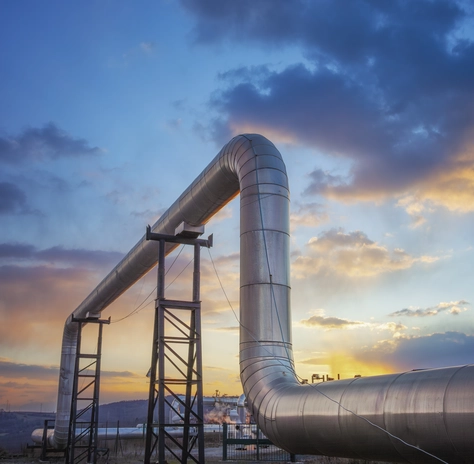
2013–2021
Nova Lei do Gás (Lei nº 14.134/2021)
Resultado de anos de articulação e diálogo com os agentes do setor, a nova lei substitui a anterior com foco em promover a concorrência, atrair investimentos e estimular a desverticalização da cadeia. O IBP teve papel fundamental na defesa do texto integral como ferramenta de modernização da indústria do gás.
Anos 2000
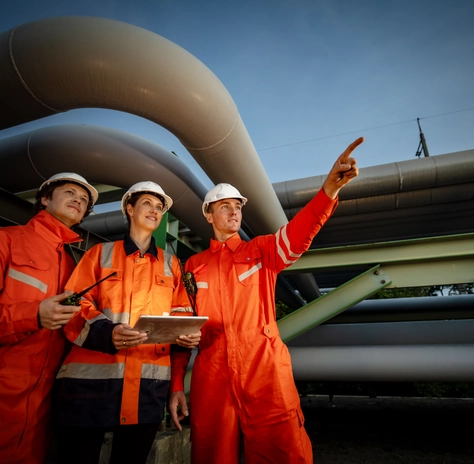
2009
Primeira Lei do Gás (Lei nº 11.909)
A nova legislação regula o transporte e a comercialização do gás natural e introduz o princípio do livre acesso à infraestrutura. O IBP acompanha de perto a regulamentação e propõe medidas que apoiam a abertura e a dinamização do mercado.
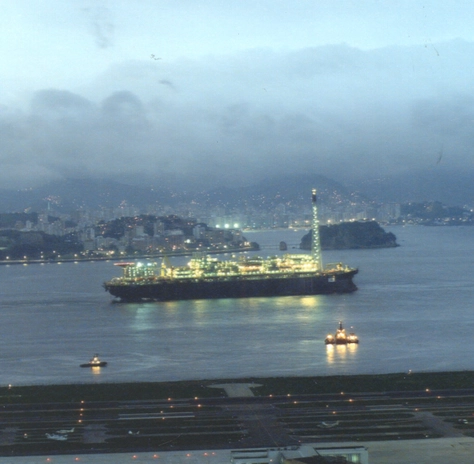
2006
Descoberta do Pré-sal
A confirmação das reservas do pré-sal inaugura um novo ciclo de investimentos e oportunidades para o Brasil. O IBP contribui ativamente nos debates sobre o marco regulatório e promove ações para qualificação técnica e desenvolvimento da cadeia produtiva.
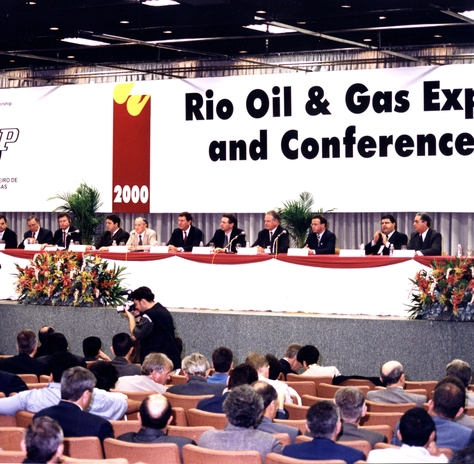
2000
Abertura de mercado e consolidação do modelo regulatório
Com as primeiras rodadas de licitação da ANP, o mercado brasileiro se abre à competição. O IBP fortalece sua presença internacional ao criar fóruns técnicos e institucionais, como a Rio Oil & Gas, que se consolida como o maior evento do setor na América Latina.
Anos 1990
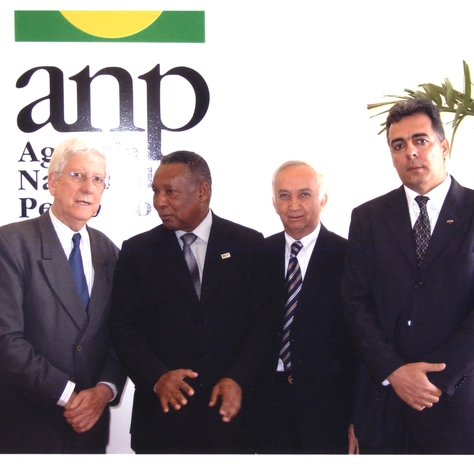
1997
Lei do Petróleo e criação da ANP
Com a promulgação da Lei nº 9.478, o monopólio da Petrobras é encerrado, e a ANP é criada como agência reguladora independente. O IBP assume protagonismo como interlocutor técnico e institucional entre governo, empresas e sociedade civil.
Anos 1970
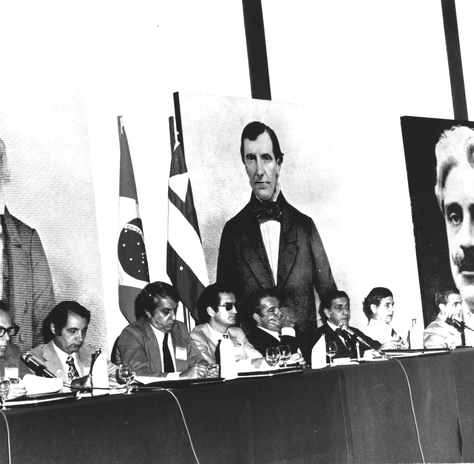
1975
Fortalecimento da Petrobras e expansão da agenda do IBP
Durante o regime militar, a Petrobras amplia significativamente sua atuação, consolidando o monopólio estatal. Neste cenário, o IBP diversifica sua agenda, intensifica a atuação técnica e passa a promover eventos e comissões voltadas à padronização de processos e à qualificação industrial.
Anos 1950
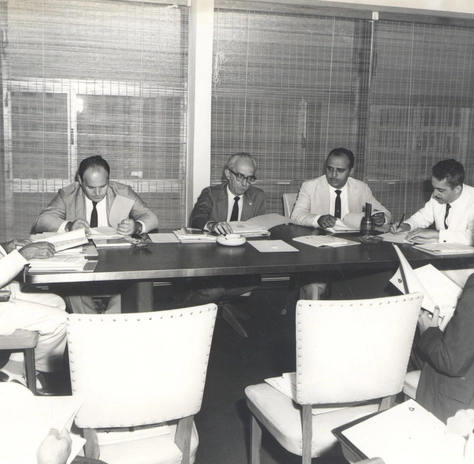
1957
Fundação do IBP
Criado com o propósito de integrar a recém-fundada Petrobras às refinarias privadas e fomentar a formação técnica e científica no setor, o Instituto surge como um espaço neutro e estratégico para o debate e o desenvolvimento da indústria de petróleo e gás no Brasil.
